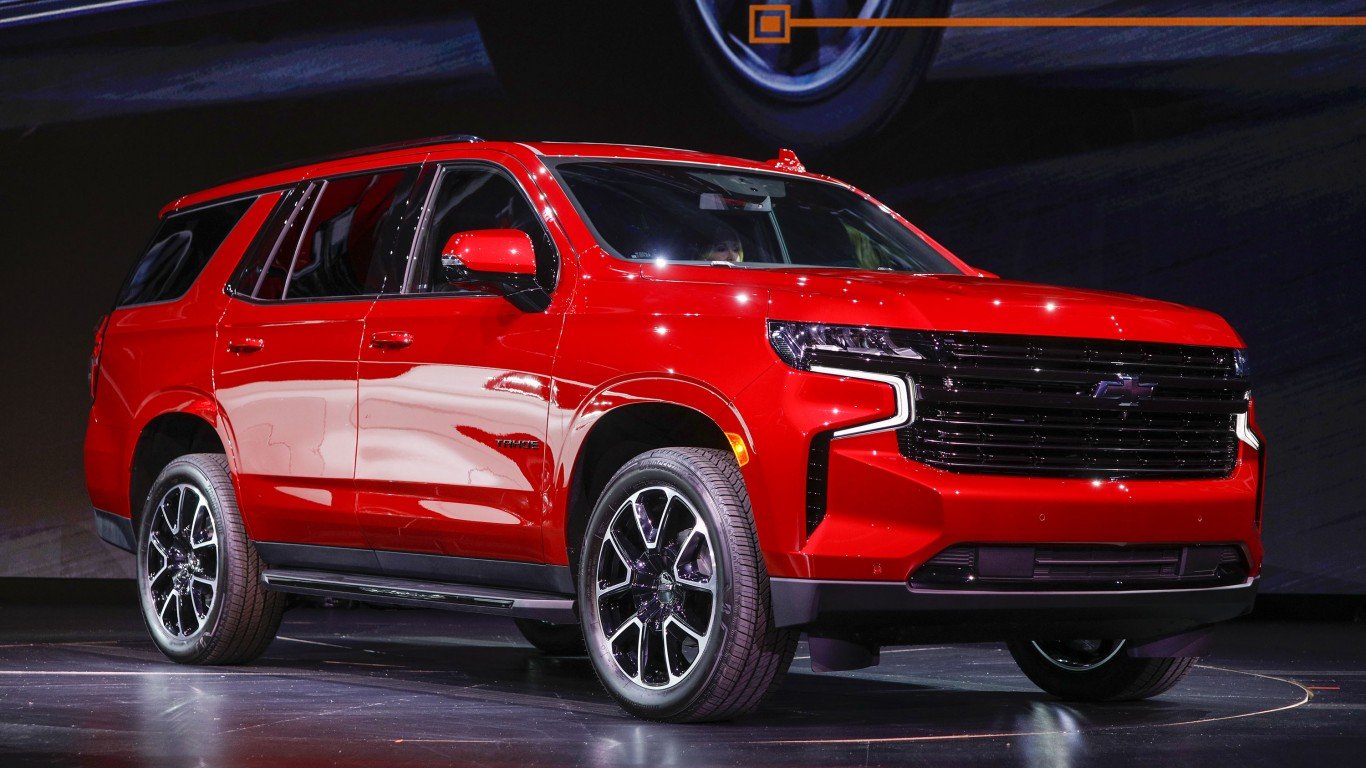 In among the September car and light truck successes of Chrysler, Honda Motor Co. Ltd. (NYSE: HMC) and Toyota Motor Corp. (NYSE: TM), and the disappointing results of General Motors Co. (NYSE: GM) and Ford Motor Co. (NYSE: F) are forgotten manufacturers that sell almost no products in the United States. It is a miracle that they continue to attack the market, and flounder doing so.
In among the September car and light truck successes of Chrysler, Honda Motor Co. Ltd. (NYSE: HMC) and Toyota Motor Corp. (NYSE: TM), and the disappointing results of General Motors Co. (NYSE: GM) and Ford Motor Co. (NYSE: F) are forgotten manufacturers that sell almost no products in the United States. It is a miracle that they continue to attack the market, and flounder doing so.
Mitsubishi Motors sold 4,806 vehicles in September, which was down 17.2% from September of last year. Its share of the market last month was 0.4%
American Suzuki sold 1,921 cars and light trucks, down 5.2% from last year. Its market share was 0.2%.
Volvo sold 4,977 vehicles, down 1.3%. Its share of the U.S. market was 0.4%.
Mitsubishi Motors and American Suzuki sell inexpensive cars, and hope to compete with Toyota, Honda and Hyundai. They have no chance. The marketing muscle, dealer networks, product development and advertising budgets of the larger companies are too great. The two small firms barely have dealer counts large enough for consumers to even find them. It is a wonder that their parent corporations grapple for market share they can never win. If they had a chance to do well, it was when there was a tidal wave of Japanese imports three decades ago. Now, it is much too late.
Volvo’s target is the lower end of the Lexus, BMW, Audi and Mercedes lines. These four companies have models that outsell even U.S. brands Lincoln and Cadillac. Most experts consider the cars made by these companies engineering marvels. And Volvo is another manufacturer that does not have the model line, marketing budget or dealer network to even hope to compete.
The American market is the only large one in which growth remains spectacular, particularly compared to Europe. But, that growth does not lift all ships. Small brands without tremendous financial support have no chance in a market in which a dozen or more powerful manufacturers compete. Volvo, Mitsubishi Motors and American Suzuki may as well disappear from the picture.
Douglas A. McIntyre
Essential Tips for Investing: Sponsored
A financial advisor can help you understand the advantages and disadvantages of investment properties. Finding a qualified financial advisor doesn’t have to be hard. SmartAsset’s free tool matches you with up to three financial advisors who serve your area, and you can interview your advisor matches at no cost to decide which one is right for you. If you’re ready to find an advisor who can help you achieve your financial goals, get started now.
Investing in real estate can diversify your portfolio. But expanding your horizons may add additional costs. If you’re an investor looking to minimize expenses, consider checking out online brokerages. They often offer low investment fees, helping you maximize your profit.
Thank you for reading! Have some feedback for us?
Contact the 24/7 Wall St. editorial team.



